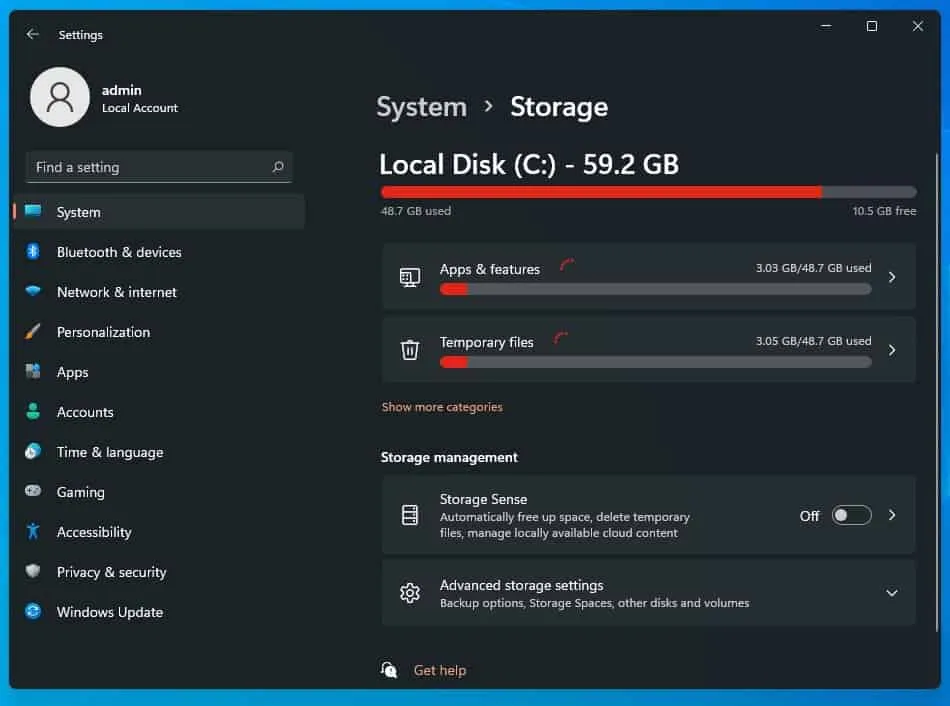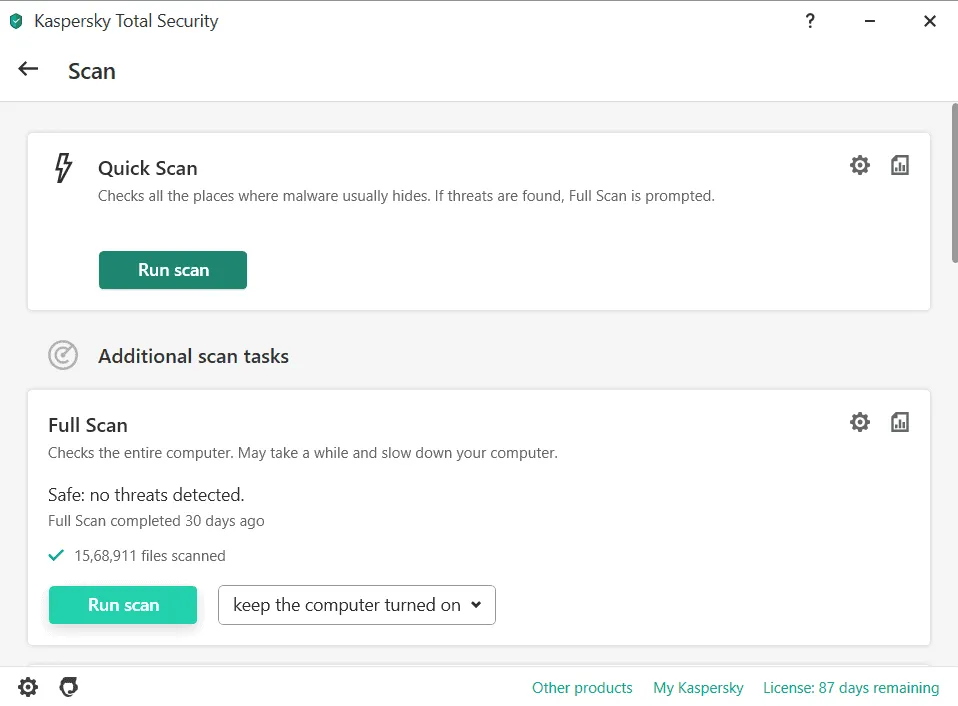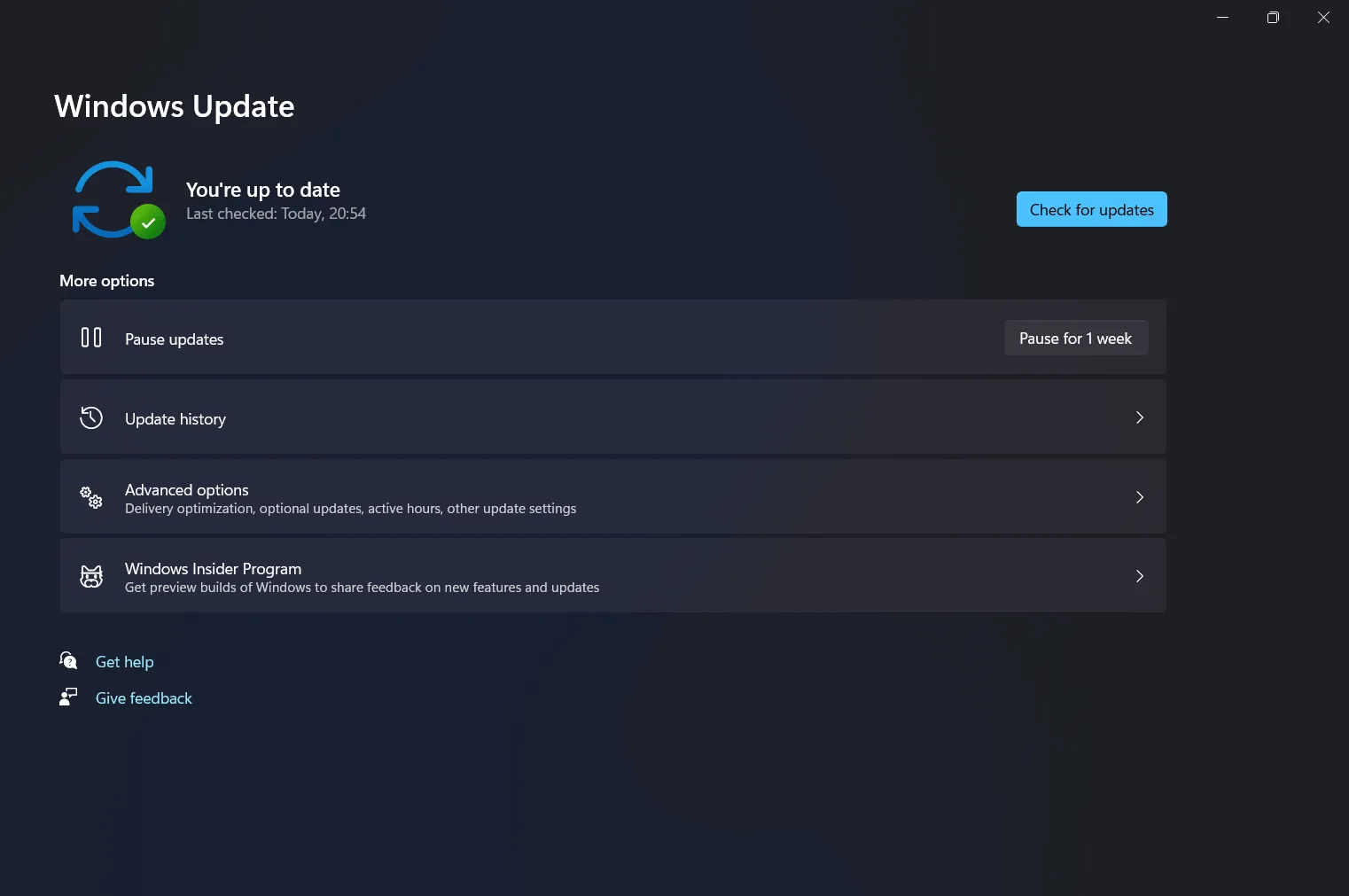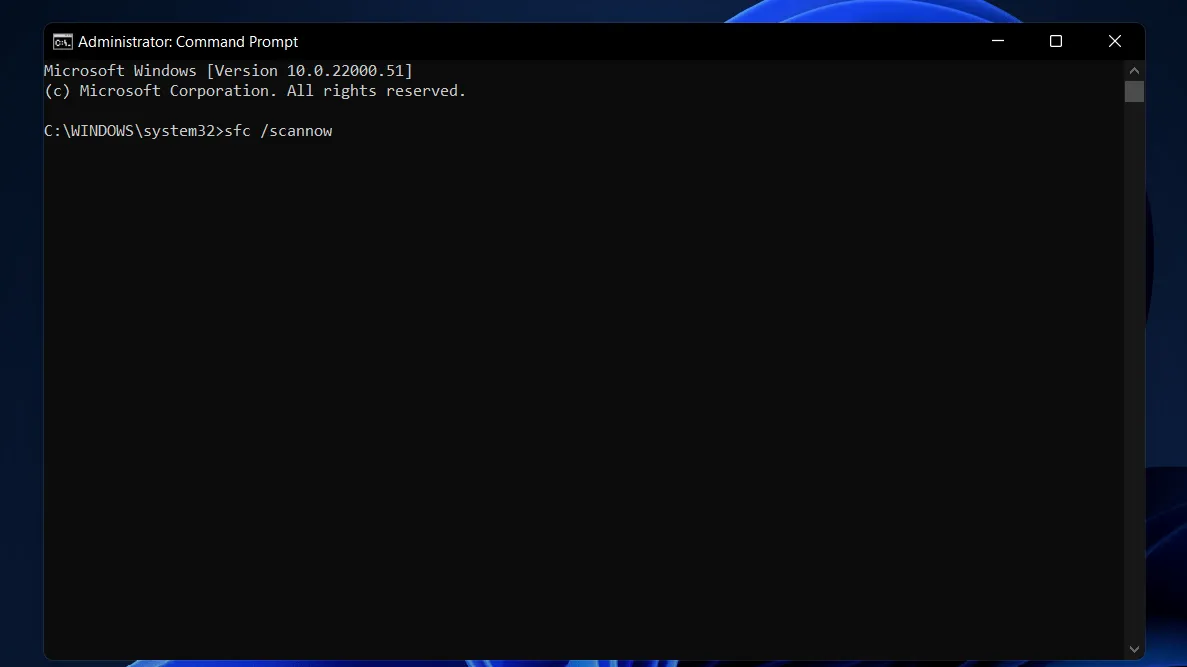Troubleshooting Windows 11: Solutions for Desktop Crashes
Essential Takeaways
- If your Windows 11 desktop experiences frequent crashes, it’s crucial to examine your RAM and storage for potential issues, as these faulty or incompatible components can lead to instability.
- Overheating is another common culprits; ensure adequate airflow, regularly clean dust buildup, and consider utilizing cooling pads if using a laptop.
- Infections from malware can also bring about crashes; maintain regular antivirus scans and keep your device drivers up to date. You can update drivers via Windows settings, with third-party software, or through an SFC scan to rectify corrupt files.
Dealing with a computer that crashes repeatedly is especially frustrating, particularly when you’re under a project deadline. Various factors can lead to a desktop freezing unexpectedly, but most issues are relatively straightforward to address. If your Windows 11 PC is prone to frequent crashes, you’re in the right place.
Resolutions for Windows 11 Crashing Desktop
This article will outline several common solutions to help you tackle the crashing issue on your Windows 11 desktop.
Solution 1: RAM and Storage Issues
Often, conflicts with RAM and storage can trigger your computer to crash. RAM acts as temporary storage for running programs and processes, and if Windows struggles to retrieve data from it, a crash may occur.

The problem might also lie with your SSD or HDD, particularly if crashes happen when accessing specific files, which could indicate a failing drive.
If you’ve added a RAM stick that isn’t compatible with your system, or if you’re using a defective SSD, these components could be the reason behind your Windows crashing.
Solution 2: Manage Overheating
Persistent crashes on your Windows 11 desktop can also be attributed to overheating issues. When components overheat, it might trigger a system crash, including the dreaded blue screen of death.
There are multiple reasons your system might overheat. If you’re engaging in resource-intensive tasks, ensure that your device has proper airflow. Avoid placing the CPU cabinet against a wall and confirm that airflow isn’t obstructed. Ensure fans are functioning properly and clean dust from the inside regularly.
For laptops, make it a habit to work on a hard surface instead of using a blanket or your lap during intense tasks. Consider using a cooling pad for additional temperature management, especially during gaming sessions.
Solution 3: Malware Check
Virus infections and malware may also be responsible for your computer’s instability. If your system is compromised, frequent crashes may follow. To tackle this, it’s wise to conduct regular antivirus and antimalware scans.

Using Windows Defender for scans is recommended, but if you have another antivirus program, it’s advisable to run scans with that software as well.
Solution 4: Update Your Drivers
Outdated drivers can also trigger crashes, making it essential to keep them updated. Here’s how you can do this:
- Press the Windows+I keys to access your PC’s settings.
- Select Windows Update and follow by clicking on Check for Updates.

- Your system will initiate a check for updates, including driver updates, which can be found under the optional updates section. Install any available updates, and restart your PC to see if the problem persists.
You may also want to consider third-party applications like Driver Booster or DriverPack Solution for the latest driver updates.
If you’re using a laptop, visiting the manufacturer’s site can provide the necessary drivers tailored for your device.
Solution 5: Run SFC Scan
Another useful step is to initiate an SFC scan. Here’s how to do that:
- Open the start menu and search for Command Prompt. Right-click it and select Run as Administrator. In the terminal, enter the command SFC /scannow and execute it.

- This will help identify and repair any corrupt files on your system.
- After the process completes, reboot your computer, and the crashing issue should be resolved.
Solution 6: Address Power Issues
Problems with the power supply could also contribute to your Windows 11 desktop crashing. If the power supply unit is damaged, it may lead to fluctuations resulting in crashes. It’s advisable to inspect the power supply for faults and seek repairs if necessary.
Conclusion
If your Windows 11 desktop consistently crashes, implementing the strategies discussed above may help alleviate the problems. Give them a try and share your outcome in the comments!